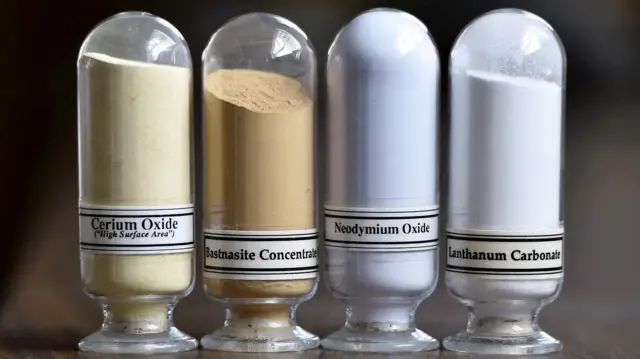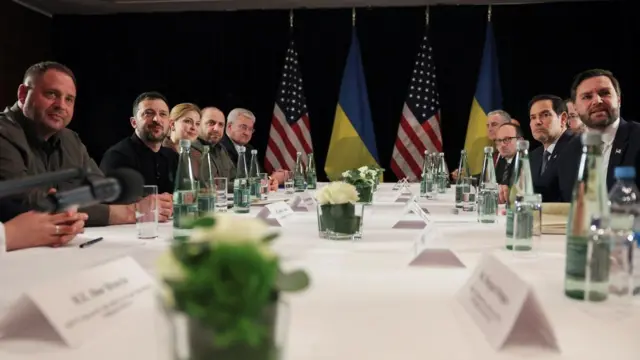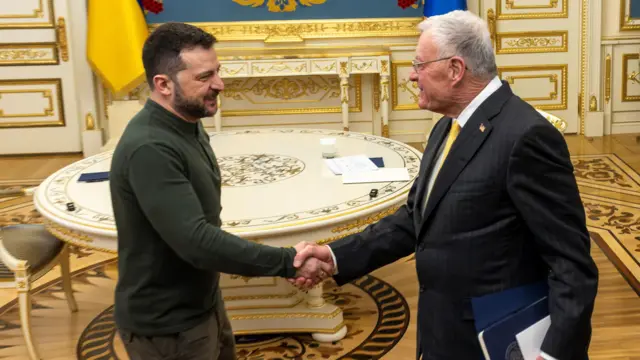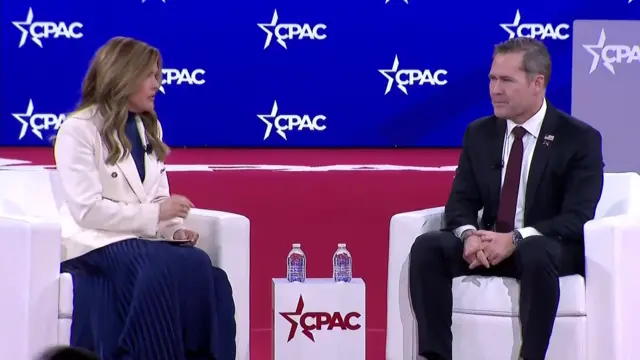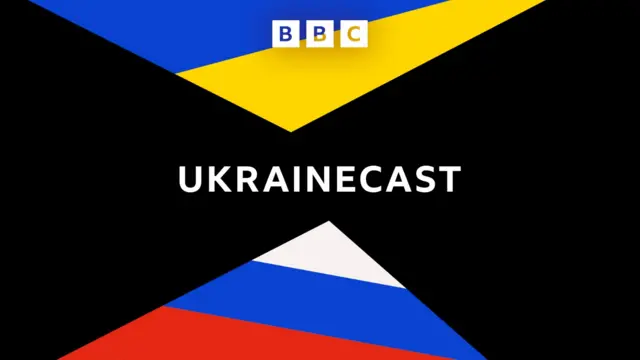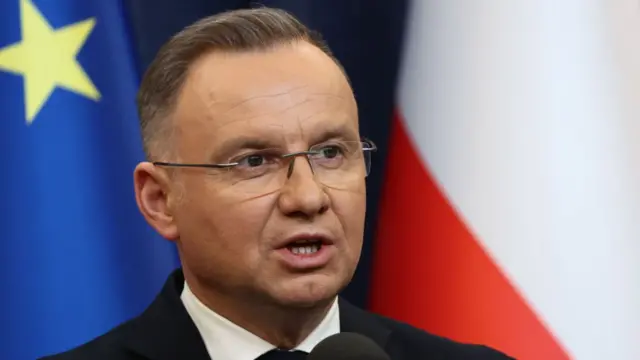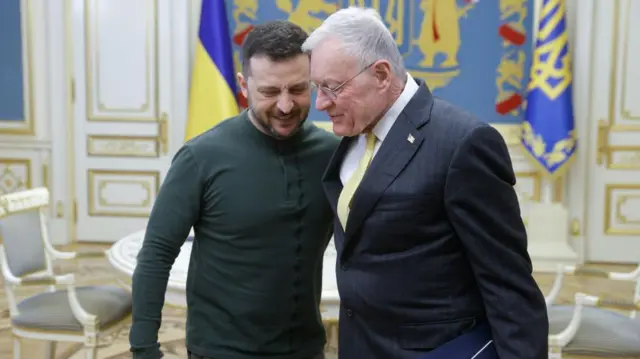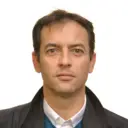Zelensky has 'no cards', Trump sayspublished at 16:52 GMT 21 February
We can now bring you some more comments from President Trump's interview on Fox News.
Trump speaks about Ukraine's President Zelensky and says: "I've been watching him negotiate with no cards. He has no cards and you get sick of it...I've had it," he says.
The US president says Treasury Secretary Scott Bessent's trip to Ukraine for a minerals deal was a "wasted trip, a dangerous trip too, I didn't like it," he says, before comparing Ukraine to Gaza.
The host, Brian Kilmeade from Fox News, challenges Trump when he addresses the devastation in Ukraine and says "that's Vladimir Putin's fault, don't you agree?"
Trump says Zelensky complains about not being at meetings and adds, the Ukrainian president has been at meetings for three years "and nothing got done so I don't think he's very important to be at meetings".
"He's been there for three years...look what's happened to his country, it's been demolished," he says.
